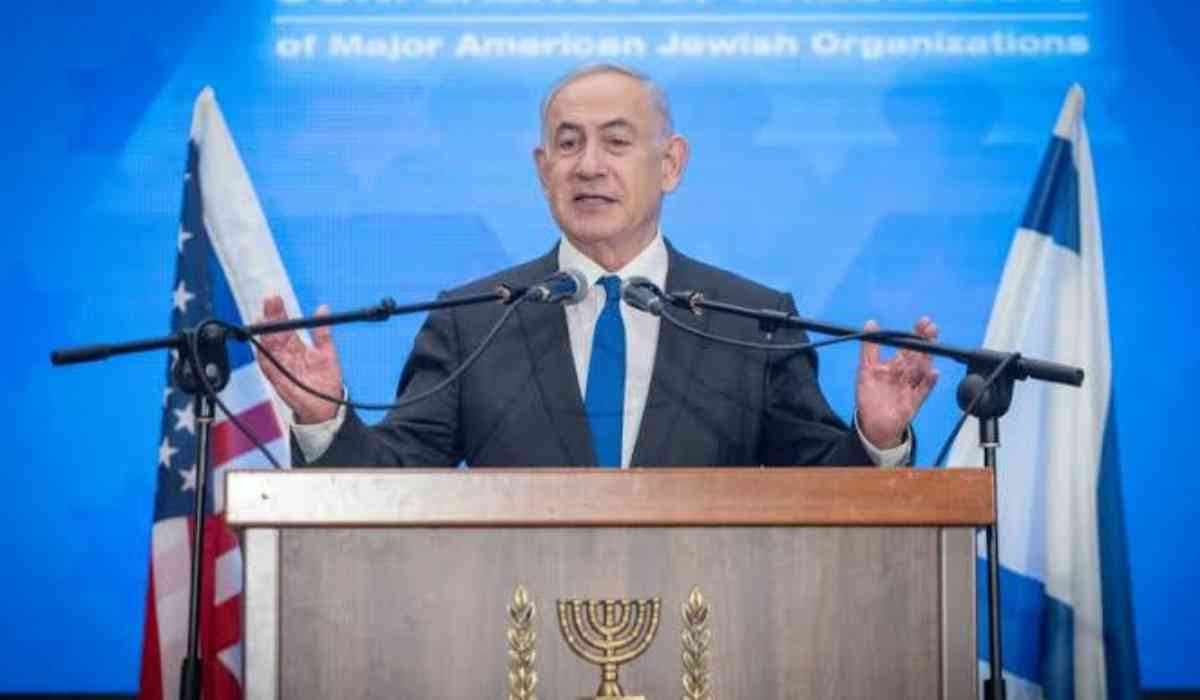Benjamin Netanyahu, the Israeli Prime Minister, has introduced his post-war strategy for Gaza. It was made public overnight in Israel, consisting mainly of principles that the prime minister has been expressing since the beginning of the war. However, it marks the first such plan since the Israel-Hamas conflict erupted in October last year.
Netanyahu presented the proposal, termed the "day after" plan, to his security cabinet members. The plan, published by the Prime Minister's office on February 22, was distributed among Cabinet Ministers as a basis for discussion and further deliberations.
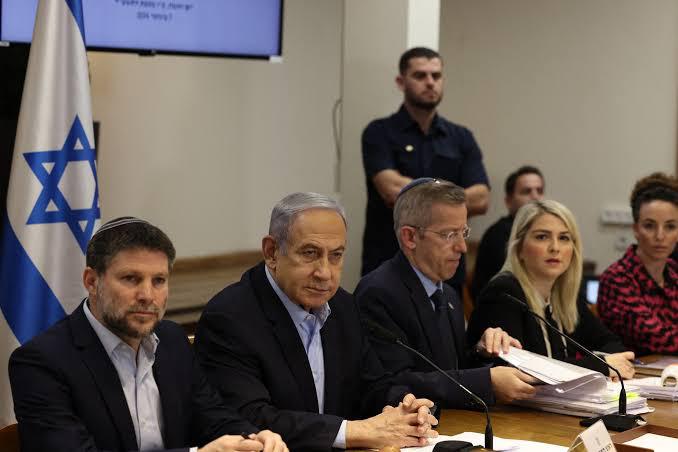
Photo: The Times of Israel
This document outlines principles for managing the Gaza Strip following the cessation of hostilities. The prime minister's office stated that the document of principles aligns with a widespread public consensus regarding the war's objectives and the desire to replace Hamas rule in Gaza with a civilian alternative. This development follows weeks of criticism directed at Netanyahu for lacking a concrete plan for postwar Gaza. Concurrently, Israel has dispatched a negotiating team, led by Mossad Director David Barnea, to Paris on Friday to engage in discussions regarding a potential ceasefire and hostage release agreement, aimed at ending the four-month-long conflict.
For four months, Netanyahu delayed security cabinet talks on post-war plans, fearing division within his right-wing coalition. Some far-right ministers push for Gaza settlements and permanent Israeli control, which Netanyahu opposes, fearing it would weaken support in the West.
Details of the Plan: The document outlines several principles
Netanyahu's plan, presented to his Cabinet, suggests that Israel would retain security control in a demilitarized Gaza Strip and be involved in civilian affairs post-war. This contrasts with key U.S. proposals advocating for a revitalized Palestinian autonomous government governing both Gaza and the West Bank as a step towards statehood.
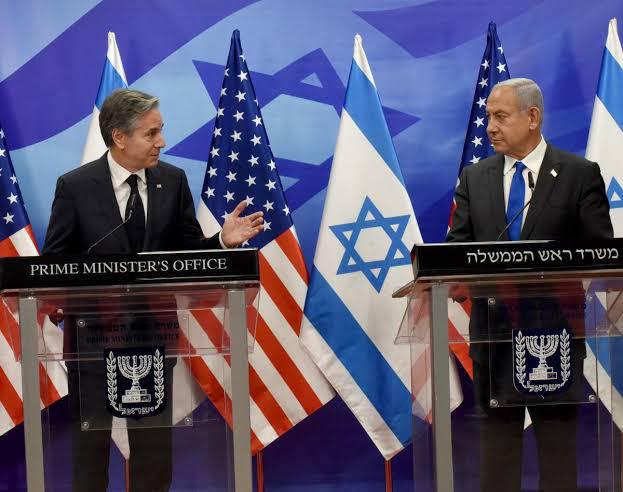
Photo: Los Angeles times
He firmly rejects the notion of Gaza becoming a "Fatahstan," associated with the political party led by PA President Mahmoud Abbas. He proposed for the IDF continuing the war until achieving goals like destroying Hamas and Islamic Jihad's military capabilities and infrastructure, freeing hostages, and eliminating security threats in Gaza.
The plan aims to establish a security buffer zone on the Palestinian side of the border, which will persist as long as security demands. It advocated for "local officials" with administrative expertise to manage civil affairs in Gaza, emphasising their independence from terrorism-affiliated entities to replace Hamas rule and ensure public order.
Netanyahu outlines goals for medium-term demilitarisation and deradicalization in Gaza, but does not provide specific timelines. He links the reconstruction of heavily damaged Gaza to its complete demilitarisation.
The document states that the rehabilitation plan will be funded and led by countries acceptable to Israel, contradicting the demands of many potential donors who insist on aligning Gaza's reconstruction with a political resolution for the Palestinians.
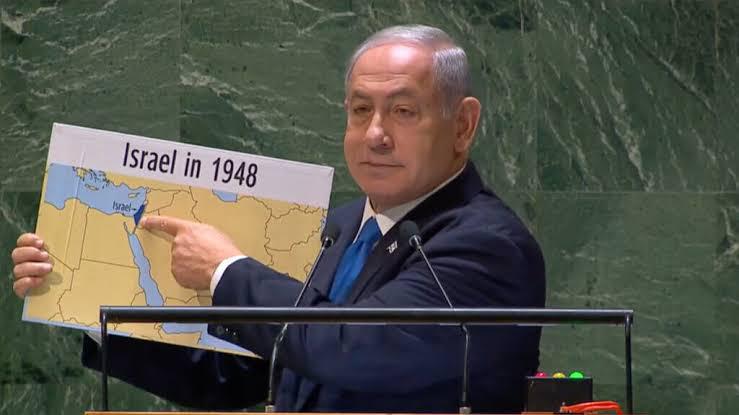
Photo: Mondoweiss
Israel suggested closing Gaza's southern border with Egypt, giving Israel complete control over entry and exit, currently managed by Egypt through the Rafah crossing. Netanyahu's plan stresses cooperation with Egypt, possibly with US coordination, but it's uncertain if Egypt has agreed to this proposal.
According to the document, Israel seeks to retain security authority over all territory west of the Jordan River, including the occupied West Bank and Gaza, areas where Palestinians seek to establish their own state. Additionally, during the intermediate phase, Israel will uphold security control over the entire region west of the Jordan River by land, air, and sea, with the aim of preventing the empowerment of terrorist groups in the West Bank and Gaza and countering threats directed at Israel.
Netanyahu’s document of principles proposes the shuttering of the UN relief agency for Palestinian refugees, UNRWA. The document notes the alleged involvement of 12 UNRWA staffers in the October 7 onslaught and says Israel will work to replace the agency with “responsible international aid organizations.
The Netanyahu plan advocates for "de-radicalization" in Gaza's education system, addressing concerns about antisemitism and anti-Israel sentiments. Additionally, Netanyahu proposes a thorough restructuring of Gaza's civil administration and education systems, including stopping funding from Qatar, a measure previously implemented by Netanyahu's government.
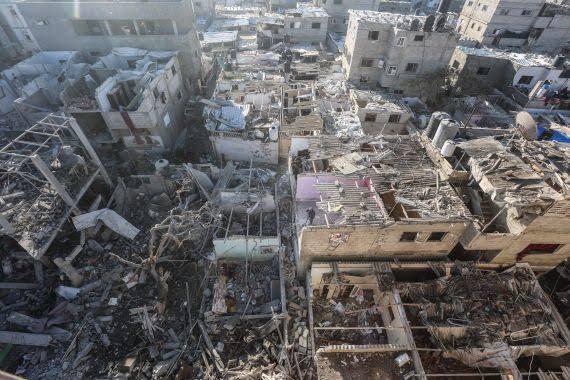
Photo: Al Jazeera
In the long-term goals outlined, Netanyahu opposes the unilateral recognition of a Palestinian state and emphasizes that resolution with the Palestinians must come through direct negotiations. However, it does not specify which Palestinian entity would be involved in these negotiations.
The plan concludes by restating principles adopted earlier by both the cabinet and the Knesset, emphasizing Israel's rejection of international mandates regarding a permanent settlement with the Palestinians. It underscores the insistence on direct negotiations without preconditions and opposition to unilateral recognition of a Palestinian state, which Israel views as rewarding terrorism.
The plan reaffirms Israel's determination to dismantle Hamas, the militant group that seized control of the Gaza Strip in 2007. While most polls show that a majority of Palestinians do not support Hamas, the group still maintains significant influence in Palestinian society. Critics argue that Israel's objective of eradicating Hamas may be unachievable.
Palestinian Authorities says “Plans doomed to be failed”
The spokesperson for Palestinian President Mahmoud Abbas, Nabil Abu Rudeineh, informed Reuters that Netanyahu’s proposal was destined for failure, just like any Israeli efforts to alter the geographical and demographic dynamics in Gaza.
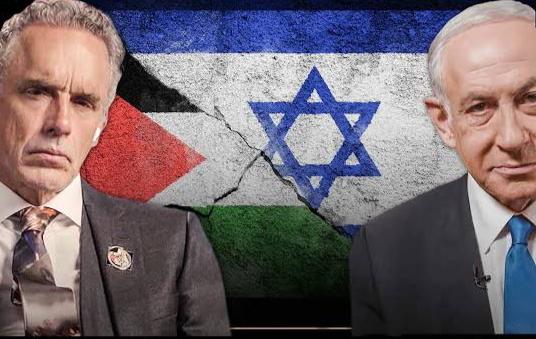
He emphasised, "If the international community truly seeks security and stability in the region, it must bring an end to Israel’s occupation of Palestinian territories and acknowledge an independent Palestinian state with Jerusalem as its capital."
(Inputs from the Agencies)
©️ Copyright 2024. All Rights Reserved Powered by Vygr Media.

